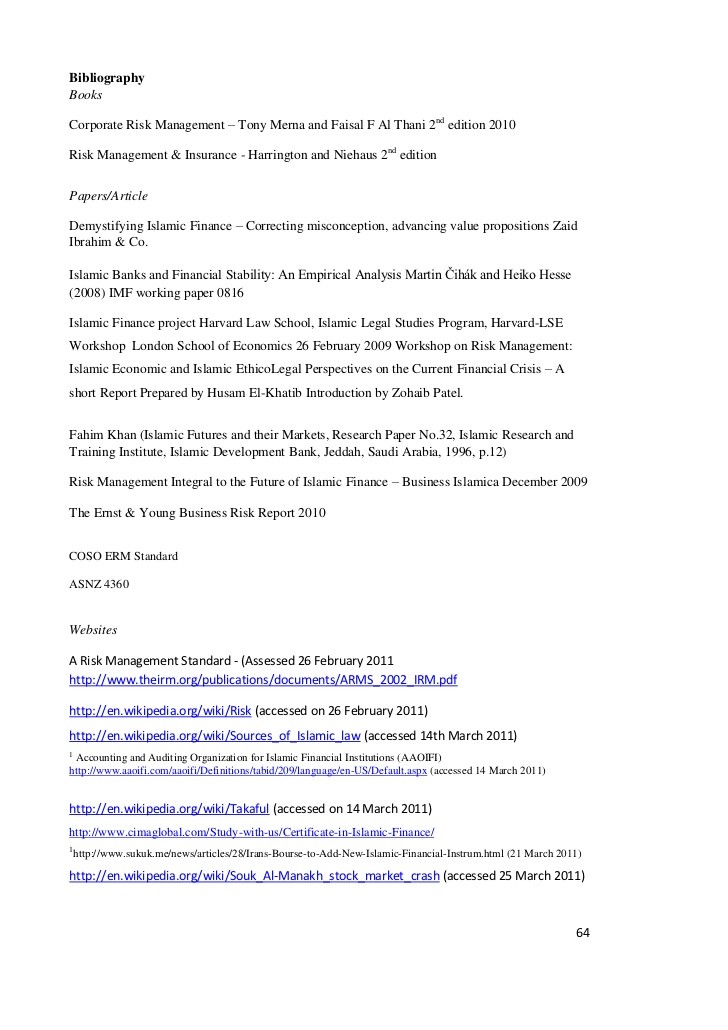Do not judge managed futures by your misconceptions of its risk
Post on: 31 Март, 2015 No Comment

There is a form of investment behavior which is not helpful to portfolio construction. It is probably operative in all markets and to some degree in all of us.
Investment behavioral studies show that, in many decision making circumstances, including investing. there is tendency to make emotional and snap decisions even before information needed to make the decision is considered.
So, it is not just the quality and quantity of good investment research that is important for the rational and analytic investors; it is also whether they are open minded to absorb and weigh new information. instead of rushing to “tag” the new content before studied and weighed.
Do emotions and affects drive your investment portfolio decisions?
In research written about risk (“Risk as Analysis and Risk as Feelings: Some Thoughts about Affect, Reason, Risk, and Rationality” by Slavic, Finucane, Peters and Mac Gregor, 2003), there is mention that “There is no dearth of evidence in everyday life that people apprehend reality in two fundamentally different ways, one variously labeled intuitive, automatic, natural, non-verbal, narrative, and experiential, and the other analytical, deliberative, verbal, and rational.” So, simply stated, you can make decisions based on objective analysis or you can make decisions based on feelings or affect tags …or some combination thereof.
The more complex the investment world, the more inclined to short cut investment decisions
“Although analysis is certainly important in some decision-making circumstances, reliance on affect and emotion is a quicker, easier, and more efficient way to navigate in a complex, uncertain, and sometimes dangerous world.” But quicker and easier does not mean that it is the right way to decide.
Well entrenched mental images or tags dictate perception of risk
Many decisions are not feelings based but are what behaviorists call “affects” based decision making. Amongst the data that we carry in our heads is an “affect pool.” (Say what?) “All of the images in people’s minds are tagged or marked to varying degrees with affect. The affect pool contains all the positive and negative markers associated (consciously or unconsciously) with the images. The intensity of the markers varies with the images.” The affect pool of good/bad; nice/nasty; dread/not dread, etc. allows us to skip emptions and go straight to the affect associated with the image and make a quick but often times wrongful decision.
The public consistently deviates from objective risk assessment
One thing the studies found was that risk assessment in absolute terms was flawed for the study’s subjects; it also found that risk/return assessment was also flawed.
Firstly, in the study, these affect tags were found as the reason “why the public’s perception of the risk …differed so dramatically from the more objective assessment of the risk of …..held by experts on risk.” In the study, the risks were those associated with nuclear power. Even when given information, the public’s perception of nuclear was much greater risk…. because the public feared the unknown risks of nuclear and nuclear was “tagged” as bad. This skew in risk assessment was not limited to nuclear; the researchers found “that the public’s perception of risk differs from the expert’s assessments….across a wide range of activities and technologies.”
Slavic argues that there is consistency in the public’s deviations from objective risk assessments. It occurs where there is a high fear of unknown risks, including “…where there is a perceived lack of control over a technology.” For instance, people fear genetically modified food (which they tagged as bad) more than they fear technologies such as x-rays or vaccines (which they tagged as good.) (“The Role of Feelings in Investor Decision Making” by Lucey and Dowling, 2005)
So… as related to managed futures, quite possibly, if I mention managed futures, some might think of wild and crazy movie scenes that show traders in a futures market pit. (But it is mostly computerized algo systems that are used and orer execution is by electronic market making…) Or if I mention algo systems, you might automatically think of a scarce few trading failures involving computerized systems. (But the reality is that over 50% of the equity markets’ transactions use algo systems as they are deemed by their investors to be less risky and more objective than humans. Source: Wikipedia which states that between 2009 and 2012 that HFT accounted for 50% to 73% of all US equity trades.)

So, you, too, might wrongly close the door to learn about managed futures. because your “affect tags for managed futures wrongly connected the dots…
Your brain can distort risk/reward assessments
The researchers also found that this emotional and affect tagging even pervades the risk/reward linkage….“If … ( a person’s ) feelings towards an activity are favorable, they are moved toward judging the risks as low and the benefits as high; if their feelings toward it are unfavorable, they tend to judge the opposite—high risk and low benefit.” We observe this all the time in the way potential clients articulate their perception of risk/return. If something is good, then they think it is less risky. If some asset class has already made a lot of money, they view it as safer…when in fact the risks of buying at the top are actually much greater!
So what are the implications?
It might be time for you to make a list of different asset classes and record your immediate reaction. It could be that your labels of “good” and “bad” are based on short cut decision making and prior profits; it could be that the asset classes that you have labeled as good, you have wrongly assigned a lower level of risk than appropriate (and conversely, for asset classes labeled bad, you might have wrongly assigned a much greater level of risk than appropriate.)
For instance, are equities good and less risky because they have done well in prior years? Are managed futures bad or more risky because they have been flat to down for the past several years? (link to column on risk..) Are fundamentally traded equities not to be feared but algo based systems trading to be feared? (Link to column on how managed futures and value investing are similar…)
Don’t judge managed futures by your misconceptions of its risk
If you start to understand managed futures now, if you start to have a conversation now about how our asset class is used to manage the risks in equity portfolios, then it might be that a few months from now, you will have a different “tag” on managed futures and maybe have taken some baby steps in an investment allocation.














